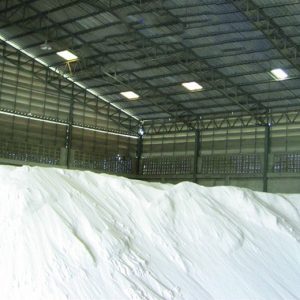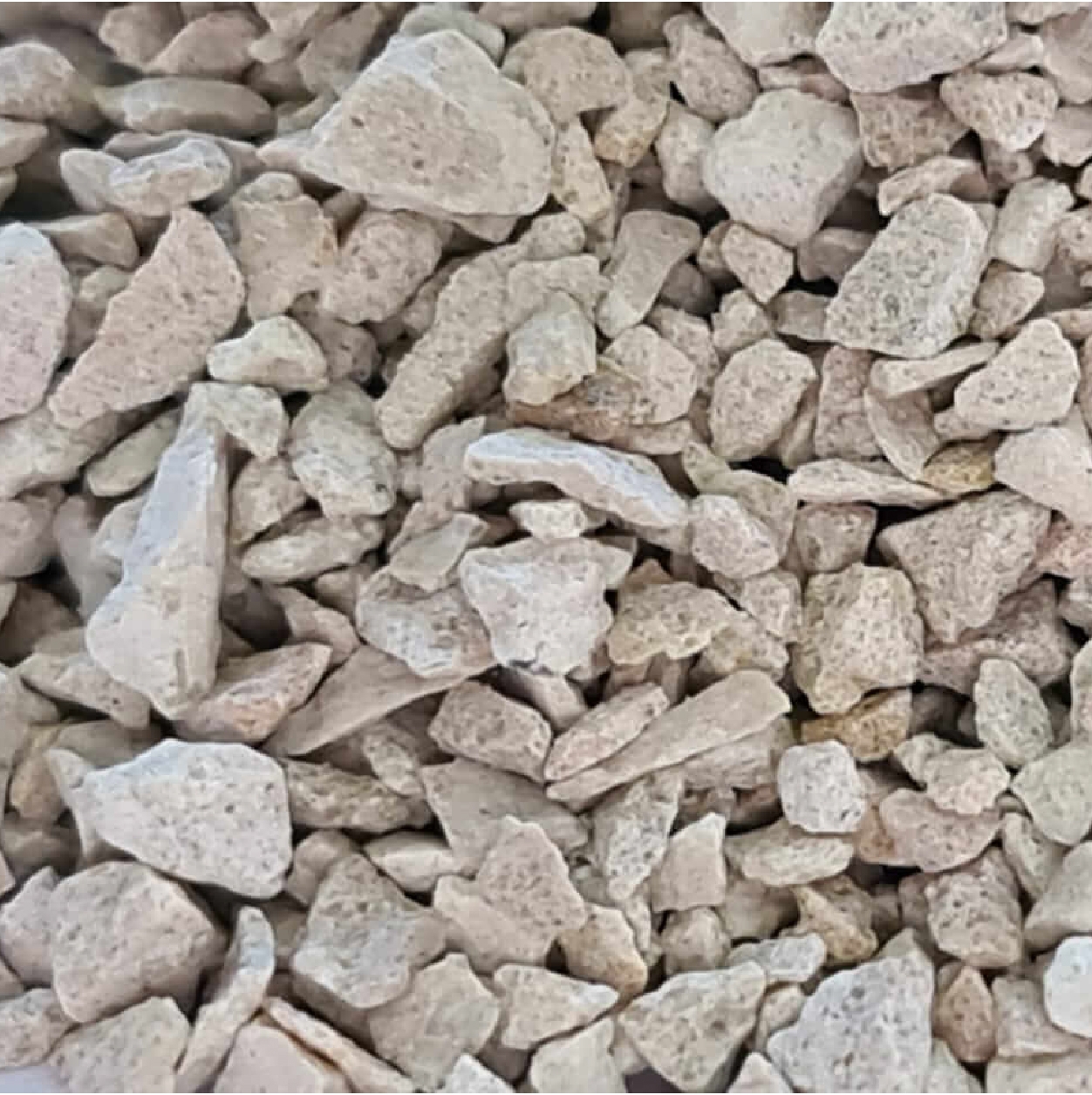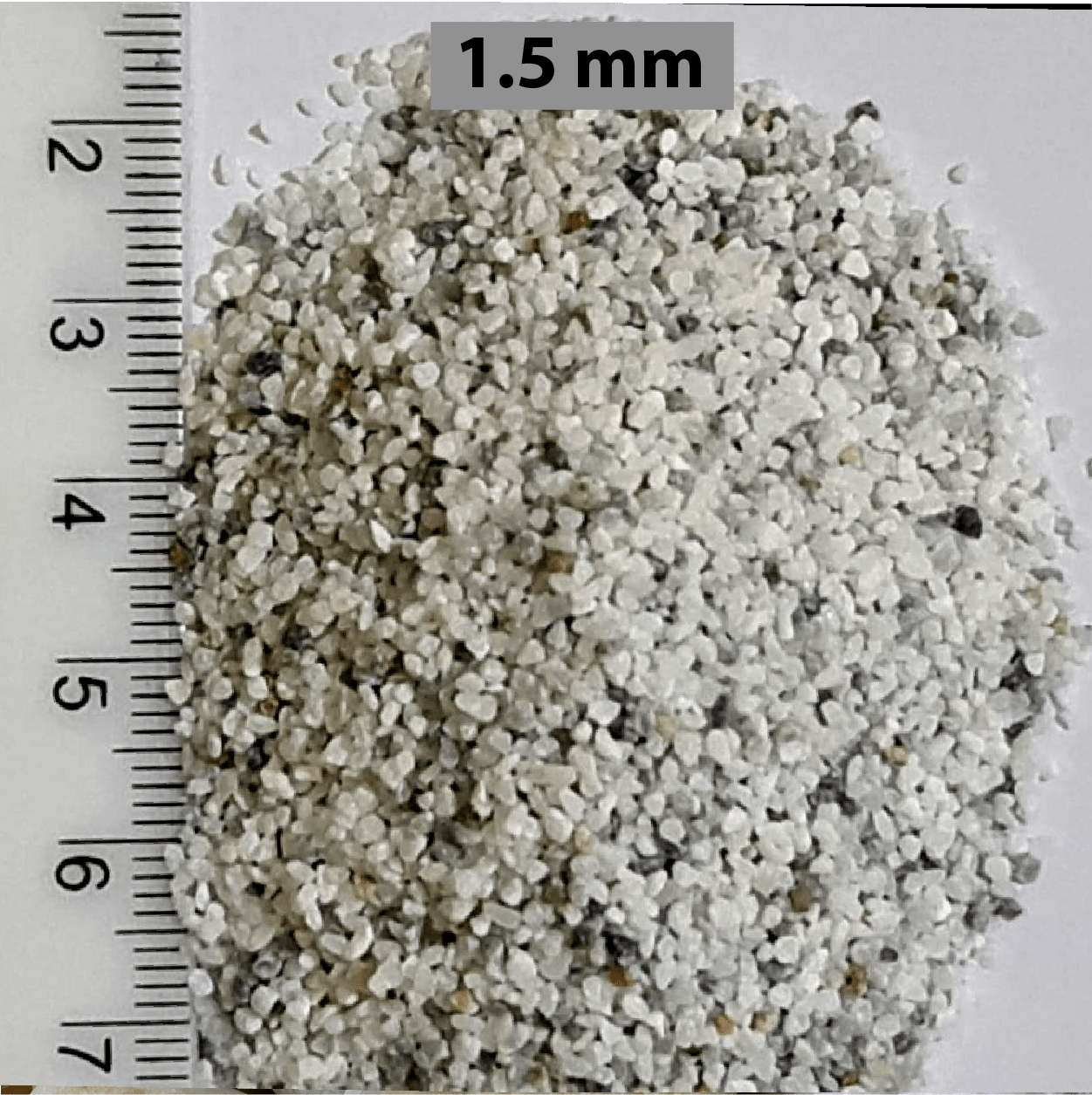Industrial Raw Materials are used for buffing, sanding, grinding, or polishing with other products such as Silica Flour, Limestone, Aggregate, Quicklime, Talc, Volcanic Rock and Calcium Carbonate. An abrasive is a material, often a mineral, that shapes or finishes a workpiece through rubbing which leads to part of the workpiece wearing away by friction. While finishing a material often means polishing it to gain a smooth, reflective surface, the process can also involve roughening as in satin, matte or beaded finishes. As long as the abrasive itself is harder than the material you’re trying to finish, an abrasive will be a very effective way of honing down any material to prepare it for use.
Properties
Industrial Raw Materials Abrasives consist of minerals that can be either naturally-occurring or synthetic, such as calcite, emery, pumice, sandstone, garnet, borazon, ceramic, steel abrasive, and silicon carbide. When used for industrial applications such as mining, construction, railroad, and wholesale/retail operations, usage falls into several different categories: bonded, coated and others. A grinding wheel is a good example of an abrasive operating at very high speed to finish any material pressing against it. Sandpaper is the most common abrasive, and sticks to a backing material, such as paper or metal.
While sandblasting a stream of Industrial Raw Materials Abrasives is thrown out on the surface of the workpiece to make it smooth or to remove the contaminants from the surface. Apart from this, these are in automotive paints. Calcium carbonate is also an abrasive that is in toothpaste. In this particular application, hardness of the Abrasive is more than that of the contaminating agent but less than that of the tooth enamel. This helps in removing the bacterial plague without damaging the tooth enamel. Abrasives are also in the processing of jewelry pieces.










